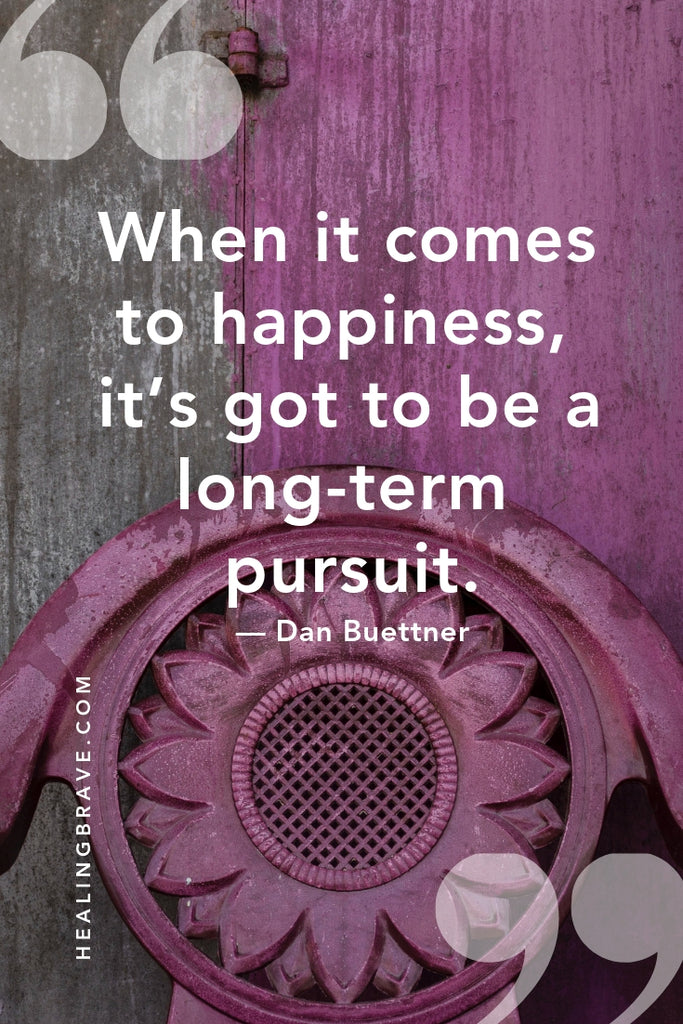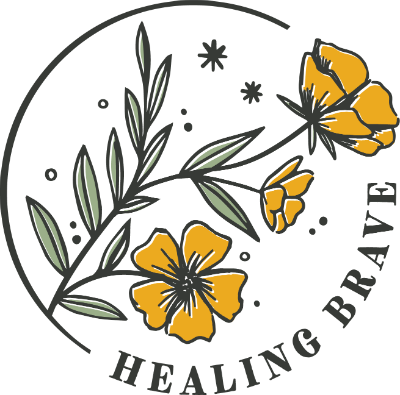How to Live a Happy Life: The Blue Zones Research

Ever (or always) wonder how to live a happy life or an even happier life? There’s this awesome interview you need to listen to, or at least read about. Check this out...
Your happiness is important.
This is your reminder that happiness isn’t a far-fetched dream.
There are people all over the world who serve as examples of what’s possible. Thanks to extensive research, we can learn from the people who are living well into their 100s rooted in habits that contribute to their long-term happiness and good health.
Award-winning journalist Dan Buettner has written the bestselling Blue Zones books on the science of happiness and longevity. His decades of research has contributed to a better understanding of the habits of people in these so-called Blue Zones, the home to the longest-lived, healthiest, happiest cultures.
Please watch this video from Marie Forleo where she interviews Dan Buettner about what we can all be doing to live a happy life, starting now. It’s amazing and full of wisdom!
Here’s my bulleted list of takeaways from the video.
How to Live a Happy Life, Inspired by the World’s Longest-Lived Cultures
You need the basics:
- Food (especially the kinds of foods centenarians eat, listed on The Blue Zones website)
- Shelter
- Education (at least high school and some college to maximize happiness)
- Satisfying work
- Committed relationship (having kids is a “mixed bag”)
- Giving back (more specifically: living out your meaning as a way of giving back)
- Where you live/your surroundings
“Your environment, where you live or how you shape your surroundings, is the biggest, most important, and most impactful thing you can do to favor your own happiness.” — Dan Buettner
Here are some specific suggestions:
1. Curate a group of friends around you.
Unhappiness and loneliness are contagious.
Don’t abandon old friends because they need a hand, but beware of continuously surrounding yourself with people who inspire unhappiness in you.
Choose those with whom you can have heart-to-heart conversations or call on a bad day. Your social network should share similar values and care about you.
2. Develop financial security.
The impact of financial security is about three times more powerful than consumption.
You are better off paying down bills, buying insurance, joining an automatic savings plan, etc. than you are buying a new gadget. The luster of the new thing will wear off in 9-14 months but financial security can last years, decades, or a lifetime.
3. Have a best friend at work.
The biggest determinant of whether or not you like your job is not how much money you make or recognition, but about having a best friend at work.
“When it comes to happiness, it’s got to be a long-term pursuit.” — Dan Buettner
4. Live near water or mountains.
Living in a sunny environment can increase your happiness level by about 5%. Here are the 25 happiest cities in the United States.
5. Develop a sense of purpose.
For instance, in the culture of Okinawa (Japan), the term ikigai roughly translates as “the reason I wake up in the morning.” Their language doesn’t even have a word for retirement. There’s no artificial punctuation between “the productive, useful life” and “the life of repose.”
- Does your work fuel your sense of purpose?
- Do the people you surround yourself with reinforce your purpose?
- In your leisure time, do you have an outlet for living your purpose?
“Purpose is the cross-section between what your values are, what you like to do, what you’re good at, and what you have to give.” — Dan Buettner
Again, this video is WELL worth the watch/listen.
Tell me:
What was your biggest takeaway from the video?
Tell me in the comments. I ready every single one, and I'd love to know!
Wishing you true happiness,
Jen





Leave a comment